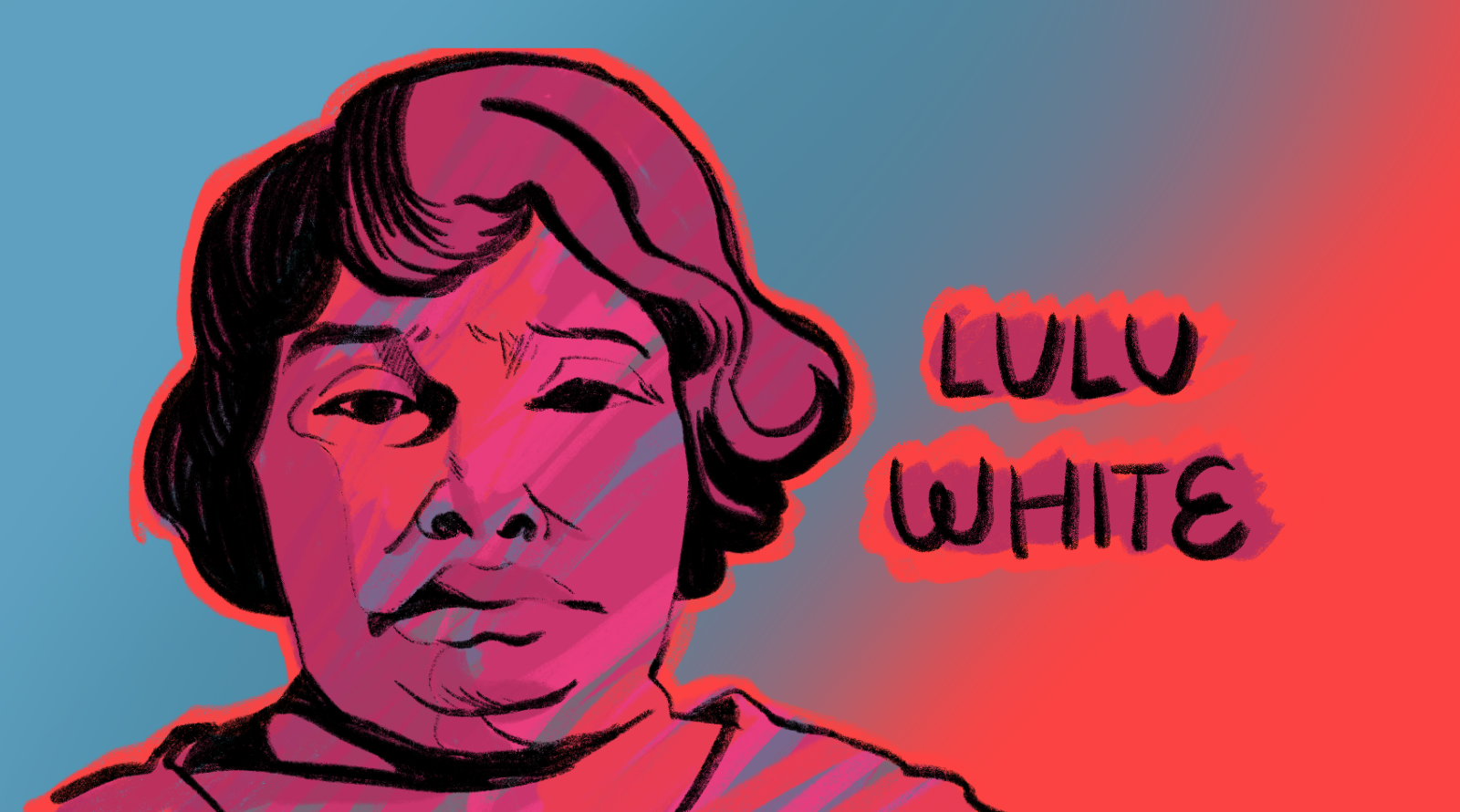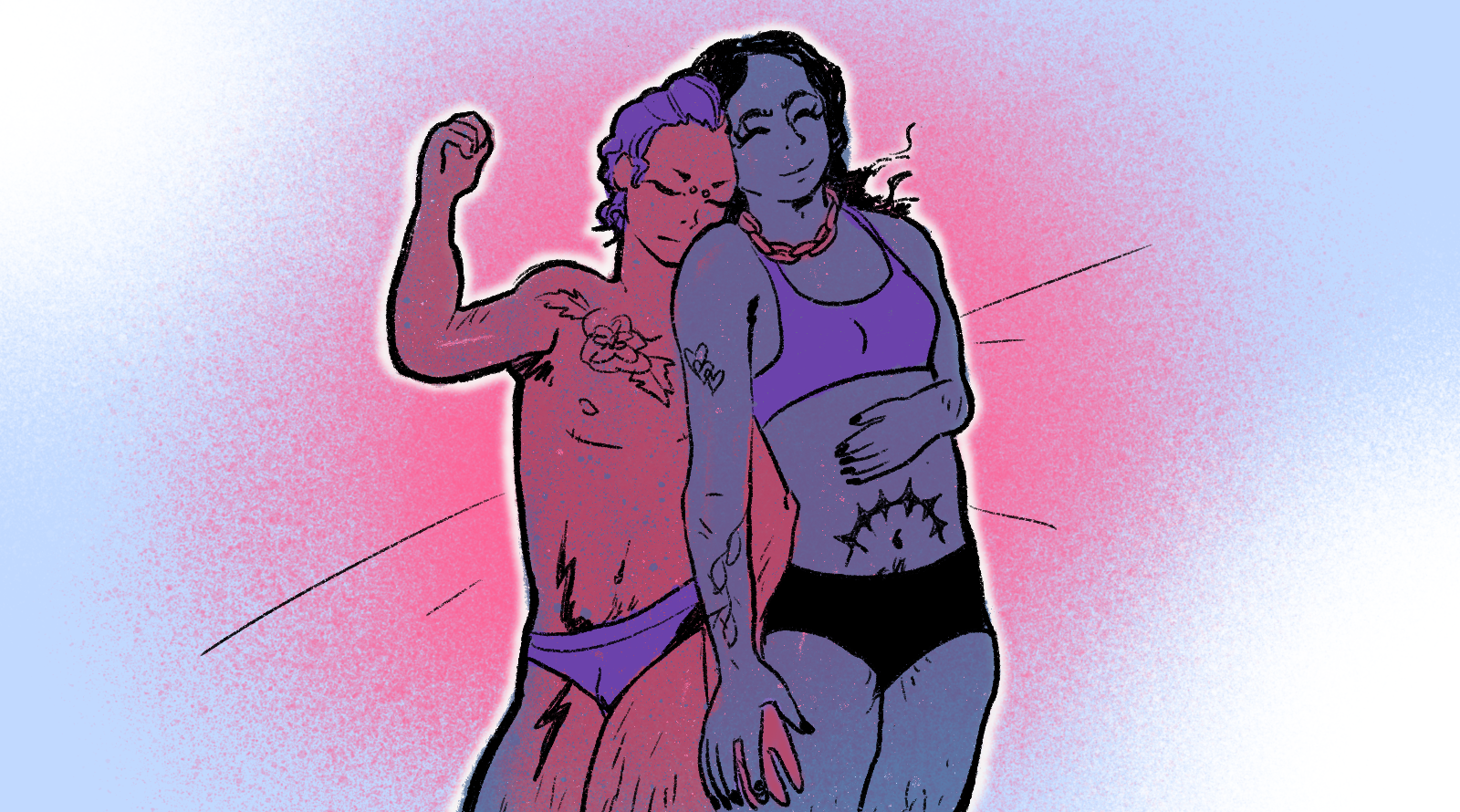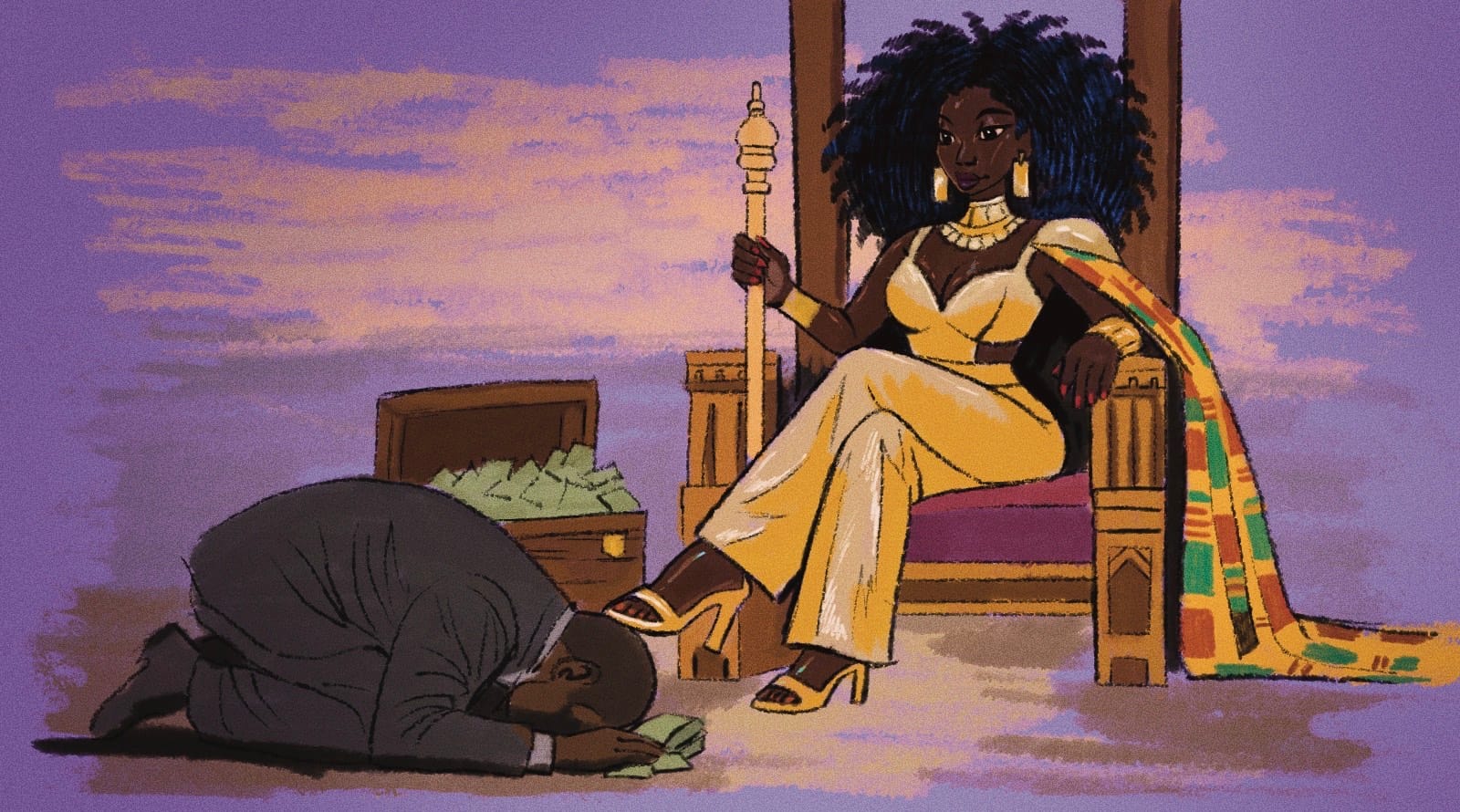Reading not your thing? You can also listen to the Old Pros podcast episode on Lulu White found here or watch the #OldProsProject short film here.
Sex workers are part of a long and proud legacy of people who create their own opportunities. The story of Lulu White has inspired generations of old pros to push toward a future that transcends racism, sexism and whorephobia. And yet, the story of LuLu White shows us how, no matter how successful we become, we are all vulnerable to those who seek to demolish the lives and businesses we build and erase us from public life.
LuLu White was one of the most famous madams, the diamond queen of the demimonde, in one of the most notorious red light districts in the country– the Storyville District of Louisiana.
Prostitution, like abortion, was an accepted part of urban life in the United States until the moral panics of the 1910’s, WWI, and the the Progressive Era created the conditions to criminalize alcohol, abortion and prostitution all within a few years.
During the Guilded Age New Orleans, like dozens of other cities, established a redlight district in an effort to control and contain prostitution. Specifically in 1897 an anti vice Alderman, Sidney Story, introduced an ordinance to isolate prostitution to a 10-block district north of the French Quarter. When his measure passed, Story was horrified when the papers referred to the newly notorious district as “Storyville”, associating his name with the red light district.
We don’t know much about Lulu’s early life. We know she was born in Selma, Alabama, a mixed race girl in 1868. We know that by 1888 she was working as a sex worker, both selling sexual services and posing for early pornographic photos, in New Orleans, LA. When Storyville became legally sanctioned she was well positioned to seize the opportunity.
In 1897, Lulu White established her famed brothel, Mahogany Hall, in the city’s Storyville district, where brothels were welcomed. Mahogany Hall was known for its lavish accommodations and expensive rates. White invested over $40,000 (over 1.3 million by today’s standards) in constructing an opulent environment for entertaining.
In addition to investing in the decor White was one of many brothel owners who employed talented jazz performers early in their career. New Orleans was becoming a tourist destination for wealthy people from all over the country, spurring investment in the district and Lulu’s success. Storyville’s brothels were legally restricted to only serving white clients, but employed Black and mixed race sex workers, employees and performers.
Sex workers have always created characters and personal brands. Over the course of her life Lulu White claimed Cuba, Alabama, and Jamaica as her birthplace, using racial ambiguity to skirt segregationist policies. She was known for her red wig, diamond tiara, jewellery and personal style becoming well known as the diamond queen of New Orleans.
In 1906 White had an opportunity to become one of the first investors in Hollywood, California. She took a trip, made real estate deals and speculated on production studios that would have made her the owner of the largest studio in town. She returned to New Orleans to secure the $150,000 cash, or 3.6 million by today’s standards. Unfortunately the man she trusted to make the deal ran off with the money instead of securing an old pro as the monied power behind the newly emerging movie making magic.
All of her ambitions were cut short by criminalization. On November 12 1917, the Navy and prohibitionists finally succeeded in their efforts to end the legal protection of vice in Storyville. When prohibition hit in 1919 it became impossible to run even a bar-legally. Lulu White amassed a lengthy rap sheet during her career for running a bawdy house, bootlegging, and attempted murder, but she only served time in jail in 1918 for violating the Draft Act, which banned prostitution within ten miles of a military base. The same Act that effectively ended Storyville.
She was sentenced to a year and a day, but President Woodrow Wilson commuted her sentence after three months. Upon her release, she returned to sex work, running her brothels until her death in 1931.
Speakeasies, gambling and music venues continued to operate in the district until the whole area was demolished in 1940 to make room for the Iberville public housing development project. The Basin Seafood & Grill, which you can see in the background of one of our #OldProProject videos featuring Synamin Vixen embodying the spirit of Lulu White, used to be the annex for Mahogany Hall. It is one of only three buildings that remain from the Storyville era in New Orleans.
Lulu White’s story of success continues to inspire. Old Pros produced several #OldProProject’s in New Orleans centering the history of Storyville and the ongoing struggle for sex worker rights in Louisiana.
Despite the fact that old pros built New Orleans, today Louisiana has some of the highest arrest rates for prostitution specifically targeting poor, Black and trans providers.
In the 1990’s when a “tough on crime” obsession swept the nation the number of women incarcerated for nonviolent offences in Louisiana increased by 60 percent. This was, in part, due to the use of a 1805 law against soliciting oral and anal sex, so called Crime Against Nature, or CANS which was originally used to prosecute gay men but was now being used to aggressively target poor Black women engaged in prostitution.
White, middle class, cis people are more likely to be charged with misdeanor prostitution. Black, poor, and especially trans women are more likely to be convicted using CANS, a felony that requires those convicted to be listed on Louisiana’s harsh registry for sex offenders in addition to serving a five year sentence for the first conviction. Multiple convictions carry longer, harsher sentences despite the fact that arrest and prosecution makes getting a job, finding an apartment or accessing the building blocks we all need to move our lives forward nearly impossible. These prosecutions wreck havoc on people’s lives.
In 2005 after Hurricane Katrina CANS arrests skyrocketed. Sex offenders are required to shelter apart from their families and hundreds of Black women were turned away from shelters due to previous CANS convictions. By 2011, 40 percent of people on the sex offender registry in New Orleans were there exclusively because of CANS the overwhelming majority of whom are Black women.
In 2020 State Representative Mandie Landry, worked with sex worker rights advocates to propose two bills to repeal all Louisiana sex work laws, including CANS. You can listen to her conversation with LaKeesha Harris on Old Pro News.





